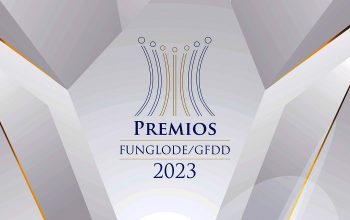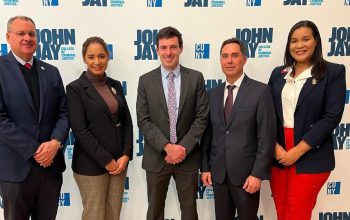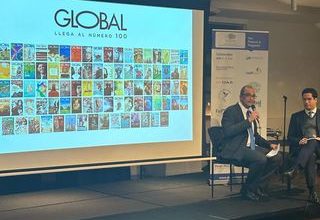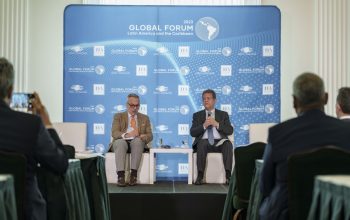news
GFDD/Funglode Participates in the 2017 Multi-Stakeholder Forum on Science, Technology and Innovation for the Sustainable Development Goals (STI Forum)
May 19, 2017
GFDD/Funglode participated in the second session of the Multi-Stakeholder Forum on Science, Technology and Innovation for the Sustainable Development Goals (STI Forum), which took place at the United Nations Headquarters from May 15 to 16, 2017. This annual forum supports the implementation of the Sustainable Development Goals (SDGs) by facilitating multi-stakeholder collaboration and partnerships through the sharing of information, experiences, best practices and policy
advice. The forum is directly linked to the High-Level Political Forum (HLPF) that will take place later this year in July, focused around the theme: “Eradicating poverty and promoting prosperity in a changing world”. The two-day conference included 7 sessions related to the 2030 Agenda for Sustainable Development, to support preparation for the upcoming HLPF.
During the opening session, the President of ECOSOC, H.E. Frederick Shava of Zimbabwe
insisted on the need for a greater collaboration between all stakeholders to achieve the SDGs, and implement practical solutions on the ground. Following his intervention, Peter Thompson, President of the General Assembly, stressed the need for the conference participants to “take the necessary steps to ensure the opportunities to develop technology and innovation are unlocked”. He also underscored the need to manage the risks brought about by STI innovation, such as
privacy concerns, and cyberattacks.
Thomas Gass, from the UN Department of Economic and Social Affairs (DESA), then took the floor on behalf of Under-Secretary-General Wu Hongbo, to highlight the interlinkages between technology and the SDGs. He also introduced the online platform of technological and innovative initiatives for the SDGs, whose role it is to gather innovative solutions for sustainable development. Finally, Vaughan Turekian, Co-Chair of the STI Forum and
Science and Technology Adviser to the US Secretary of State, invited participants to think about the forum as a laboratory and work together across disciplines, specialties and borders.
Discussion sessions followed the opening session, as well as side events, giving participants many opportunities to learn more about specific topics. The first session provided elements to harness the potential of STI for supporting the SDGs. Professor Indira Nath, from the All India
Institute of Medical Sciences, called for the development of low-cost technologies to broadcast access to all.
Another interesting session dealt with the STI challenges and solutions for the six selected SDGs up for review during the upcoming HLPF: SDG1 (no poverty), SDG2 (no hunger), SDG3 (good-health and well-being), SDG5 (gender equality), SDG9 (Industry, innovation and infrastructure) and SDG14 (life below water). Focusing on the threat of climate change to the
oceans, Professor Dr. Martin Visbeck, recommended that we should highlight the economic benefits of the sustainable development of oceans, increase the participation of the private sector in this debate and focus on people’s development.
Organized to bring solutions to the participants, the STI Forum was also a great opportunity for innovators, researchers and investors to introduce some innovations contributing to sustainable development. Among them, John
Gibbons’ created ‘Babajob in India’ a platform that helps job seekers in India to apply for jobs online and offline. He announced plans to make these services available for low-income job seekers in other countries as well. With ‘DoctHERs’ Asher Hasan’s showed how female doctors have been excluded from the workforce in Pakistan and are now connected to consumers in remote, rural and urban areas by phone. This has led to 30,000 paid
video consultations to date and affected over 300,000 lives through screenings, he added, noting plans to affect 20 million lives by 2030.
The STI Forum also challenges new technologies and the 4th industrial revolution to ensure the achievement of a sustainable future. In this regard, Ms. Mary Snapp, from Microsoft Philanthropy alerted attendees to the risks of the age of innovation leaving people behind. The representative of Swaziland supported this argument, stating:
“I want to work with you. But who will work with us?”. Furthermore, Dr. Jose Ramon Lopez Portillo, Co-Founder of the Center for Mexican Studies, called all stakeholders, from innovators to policy makers to vigilance, in an age where machines are more and more effective and cost less than before. He stated “There will be one moment when the comparative advantage will make machines very interesting. In developing countries, this situation could prevent
people from entering the job market”.
Related links:
https://sustainabledevelopment.un.org/TFM/STIForum2017






